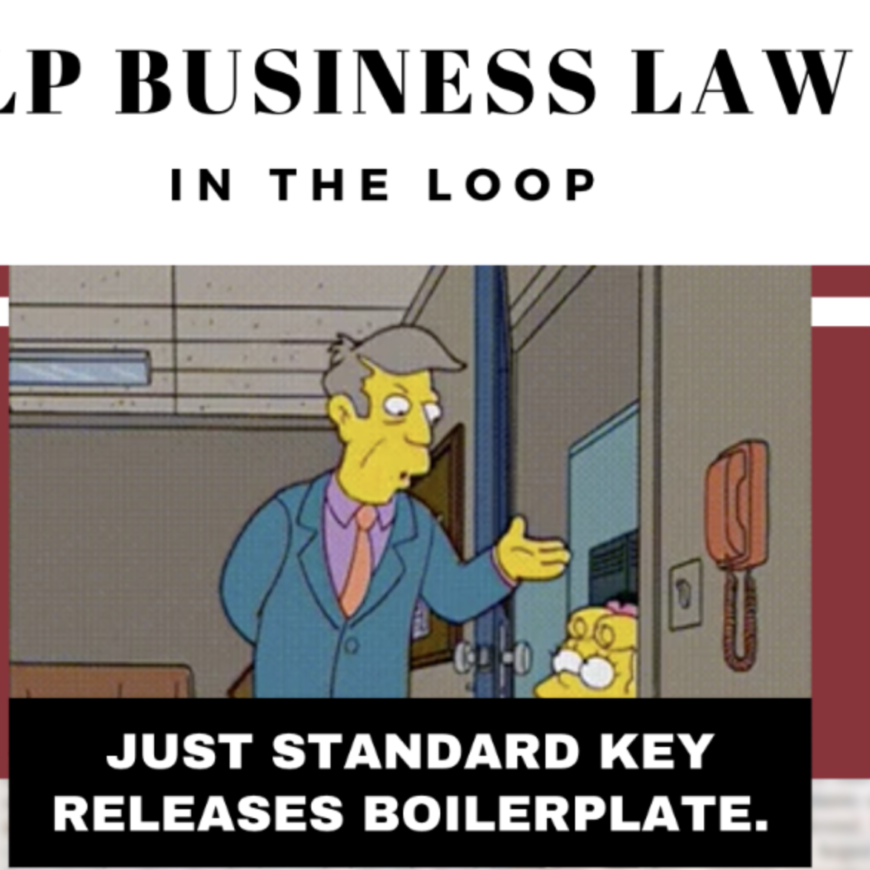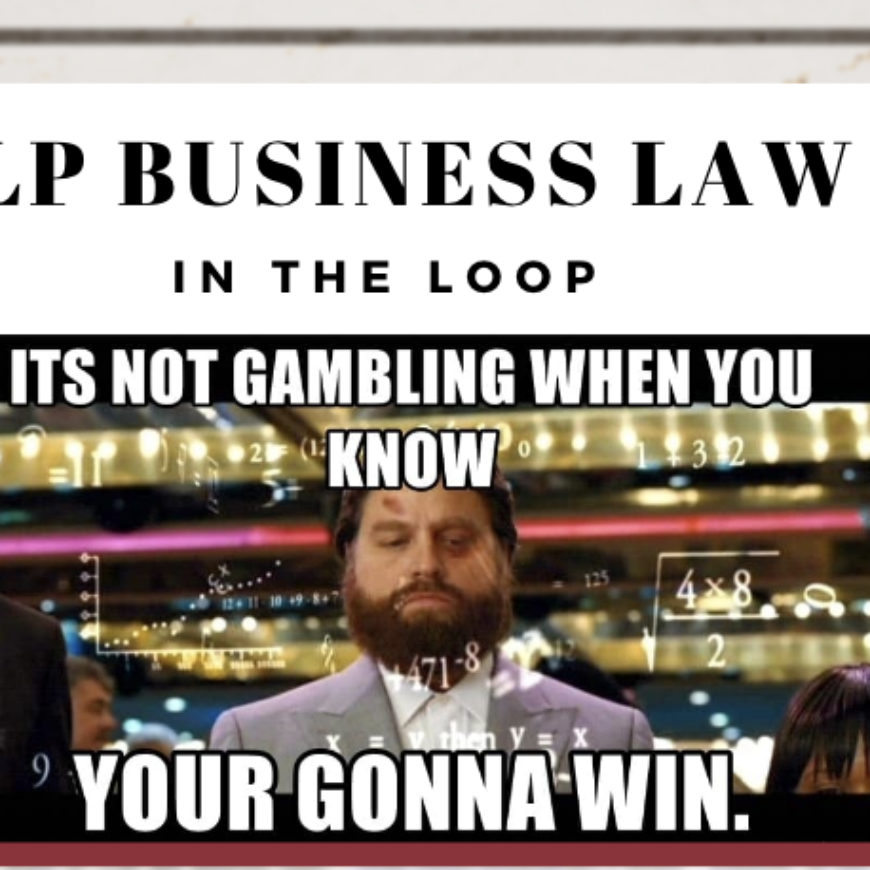Thomas Stilp, JD, MBA/MM, LLM, MSC
About 100 years ago when artist Marcel Duchamp was living in New York City, he walked into a neighborhood plumbing store and purchased a fancy urinal, went back to his studio, turned the porcelain fixture over, signed it, and named it “Fountain.” Would someone pay $1 million for what most would think was a joke or highly irreverent art? If you did, you would have at least doubled your investment as a duplicate of the same piece, not the original, sold for more than $2 million.*
I don’t pretend to know art, but do know when judgment requires an expert. You would not want your neurosurgeon playing 1stbase with the Cubs, or the 1stbaseman doing neurosurgery.
The backbone of the judicial system assumes a stranger, wearing a black robe (the black robe is supposed to signify that the person is interchangeable with other persons wearing a black robe) can fairly and knowledgeably decide a dispute even if they themselves lack personal experience of the issues.
We might agree with that notion to some extent. Many events in life are experienced without any significant variations, such as buying groceries, or doing yard work, or bouncing a ball, as the laws of physics apply the same regardless of background. The court system assumes there are just certain things in life that we all experience similarly regardless of our personal experiences or background.
But the problem using the same rule of thumb on human experience is that judges are deciding complicated issues. Entire universities are filled with experts. People know more about less, and expertise becomes more narrowly defined, but infinitely deep. Some have observed that certain judges lack experience and, therefore, are unqualified to “judge” disputes if they have never experienced the problems except through the paperwork that is put before them, with large experience gaps that lead to some pretty bad decisions.
In one case several years ago arguing about termination of an employee from the employer’s perspective, the employer had set out a clear record of deficient work performance before termination. One judge on the Illinois Appellate Court, who had handled criminal law and had no experience with business, claimed that the written notices were not really “critical” and did not justify termination because the notices would begin by telling the employee that the employee was well liked as a person, got along with co-workers, even though the work was tardy, incomplete and error-prone. Another judge on the panel, however, who had worked at a big company, noted the employer was just “letting the employee down nicely” and such letters of termination were common.
Having completed over 150 trials, we’ve learned the role of an experienced advocate is intuition to know what will happen before a judge makes a ruling and how to get the judge to agree with the recommendations presented by the advocate.
#jud*Based on a story in A-L Barabási, The Formula: The Universal Laws of Success, pp. 58-60 (2018).
*image cred https://www.istockphoto.com/illustrations/picking



